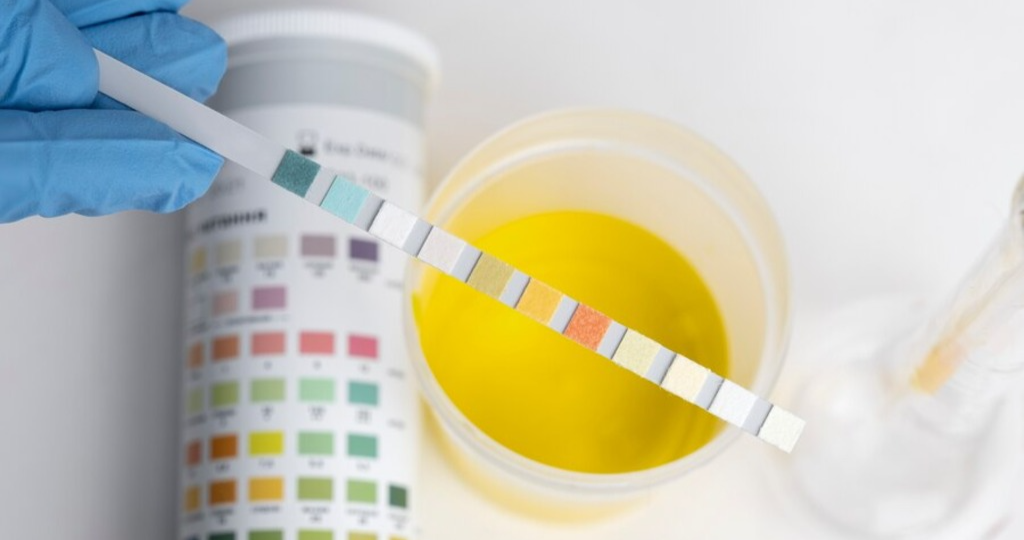Uric acid is a substance produced when the body breaks down purines, which are compounds found in various foods and are also made by the body. While uric acid is typically eliminated through urine, elevated levels can lead to health issues like gout and kidney stones. Therefore, uric acid control could be possible with the right support from India’s leading Dietician in Gurugram.

Factors Contributing to High Uric Acid Levels
Several elements can lead to increased uric acid:
Diet: Foods high in purines, such as red meats, organ meats, and certain types of seafood, can elevate uric acid levels.
Obesity: Extra body weight can boost uric acid production and slow its elimination.
Medications: Certain medications, particularly diuretics, may raise uric acid levels.
Genetic Predisposition: Family history can influence how the body manages uric acid.
Dehydration: Not drinking enough fluids can reduce the body’s ability to eliminate uric acid.
Recognizing High Uric Acid Levels
Many people with high uric acid may not show symptoms, but common indicators include:
Intense joint pain, especially in the big toe
Swelling and redness in joints
Frequent episodes of gout

Lifestyle Modifications for Lowering Uric Acid
Dietary Changes:
Reduce Purine Intake: Limit foods like red meat, organ meats, and high-purine seafood.
Increase Fruits and Vegetables: Incorporate cherries and other fruits that may help lower uric acid.
opt for Whole Grains: Choose whole grain products over refined grains for better health benefits.
Stay Hydrated: Drinking ample water aids in flushing uric acid from the body.
Weight Management:
Gradual weight loss can significantly lower uric acid levels.
Limit Alcohol:
Alcohol consumption, particularly beer and liquor, can raise uric acid. Reducing intake can lead to improvements.
Cut Back on Sugary Drinks:
Avoid soft drinks and juices with added sugars, as they can contribute to elevated uric acid levels. opt for water or unsweetened options instead.
Medical Interventions
If lifestyle changes do not sufficiently lower uric acid, healthcare providers may prescribe medications:
Uricosurics: These help the kidneys eliminate more uric acid. Xanthine Oxidase Inhibitors: These reduce uric acid production in the body.
Importance of Regular Monitoring
Monitoring uric acid levels through blood tests is essential to assess progress and make necessary adjustments. Collaborating with a healthcare provider ensures a personalized approach to managing uric acid levels.
Conclusion
Maintaining balanced uric acid levels is vital for preventing conditions like gout and kidney stones. By making informed dietary choices, managing weight, and working with healthcare professionals, individuals can effectively control their uric acid levels and enhance their overall health
